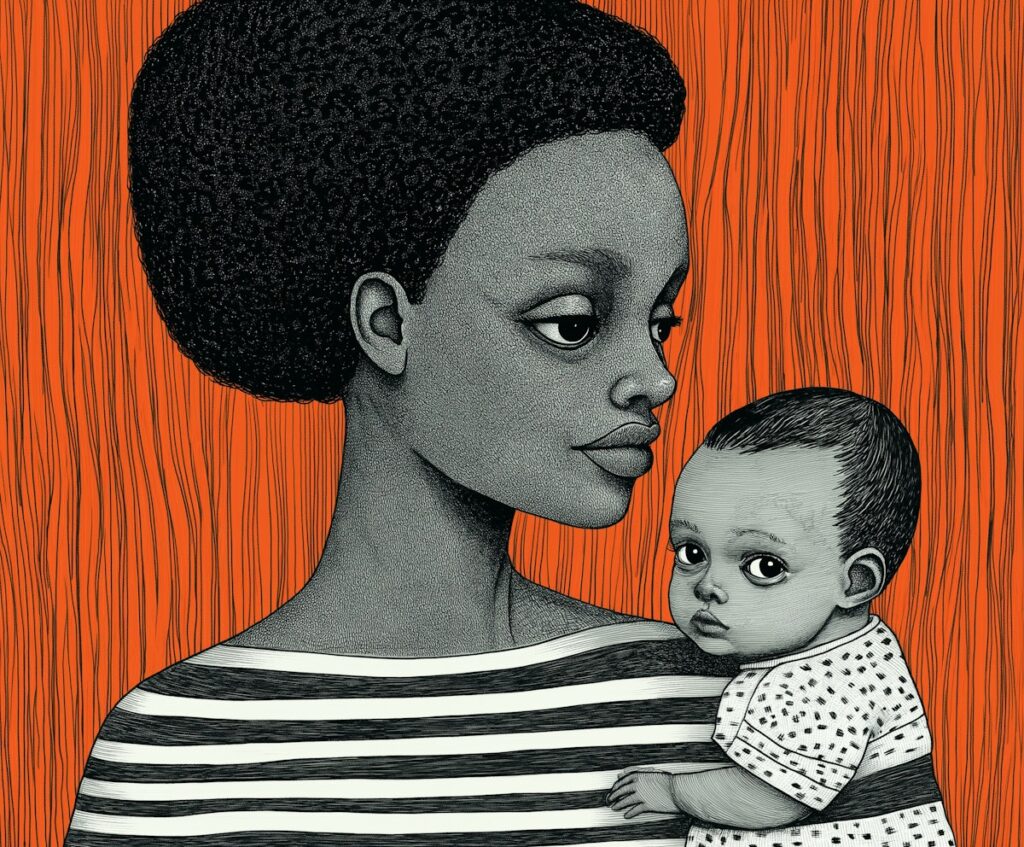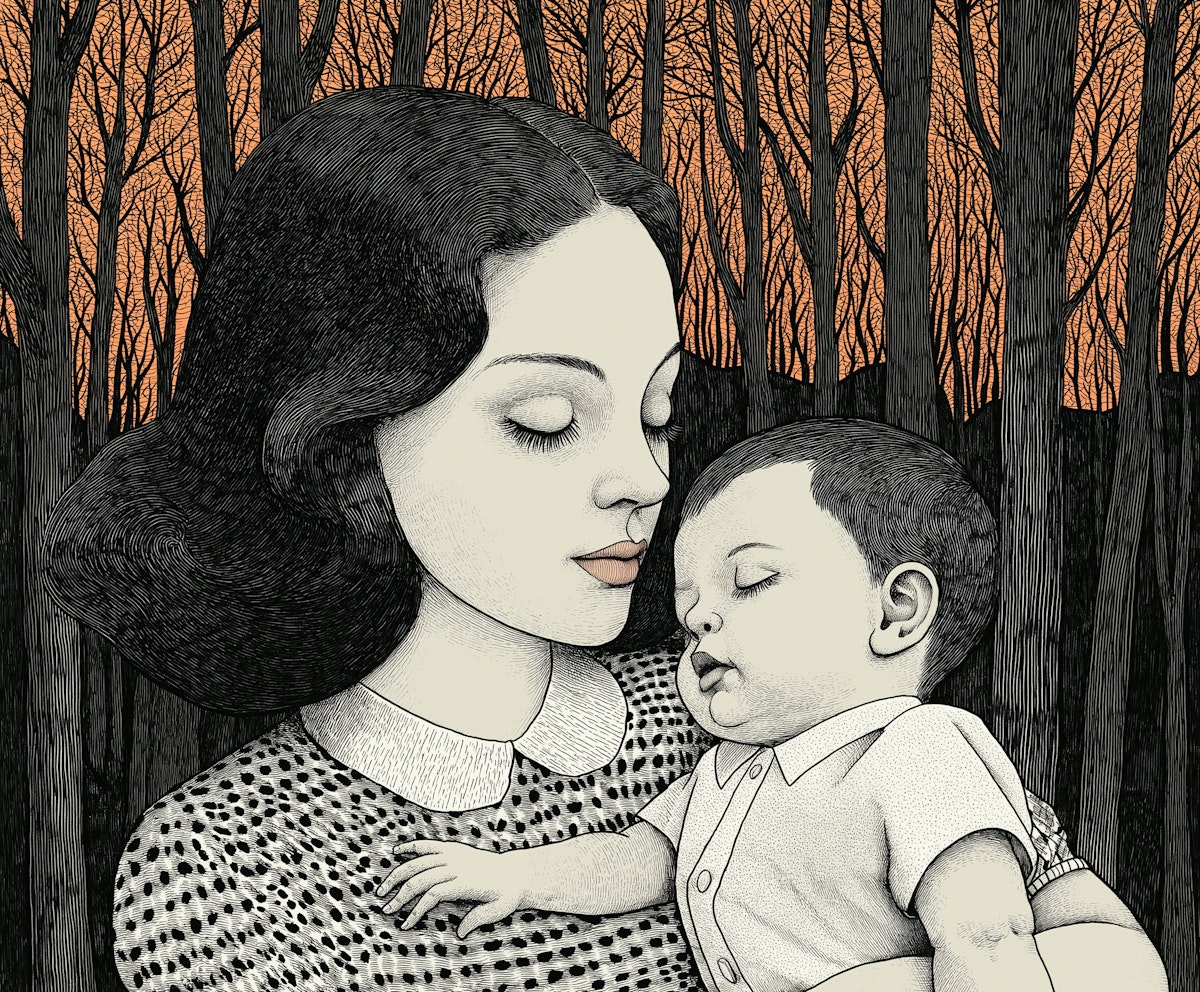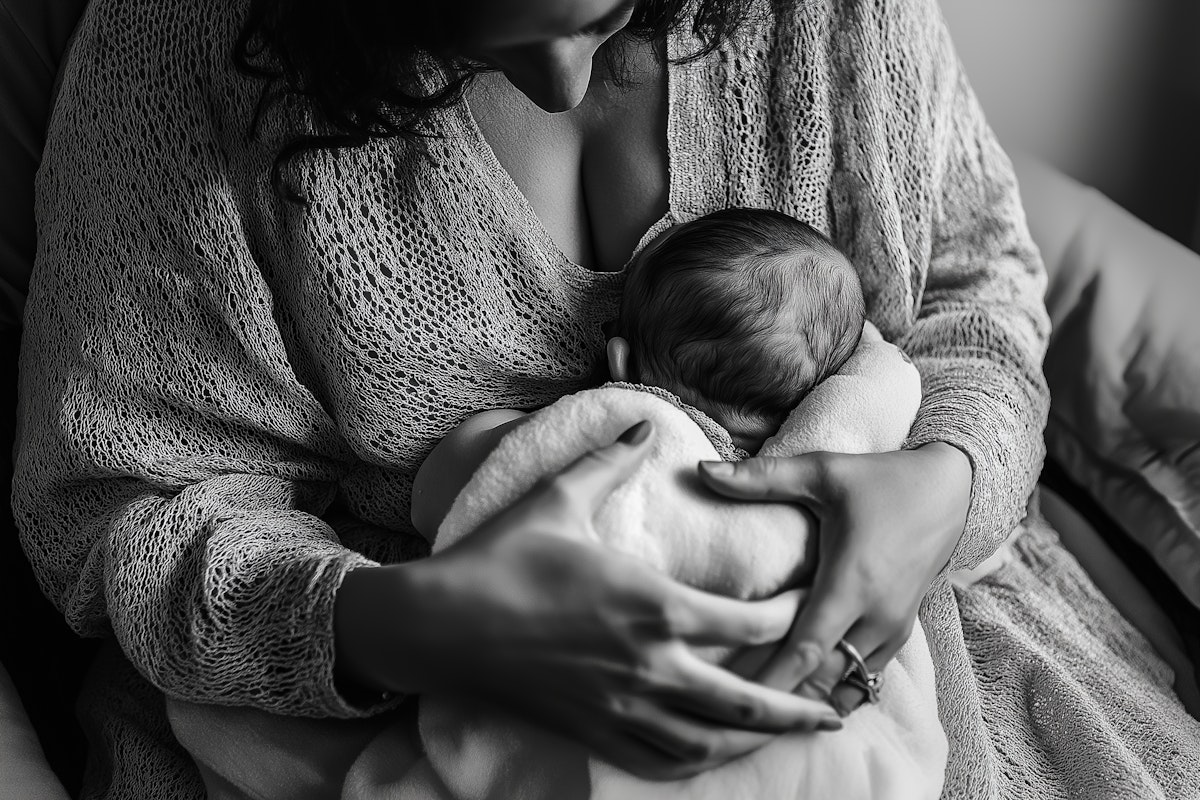Pregnancy and early motherhood should be times of care, love, and security. But for many women, these vulnerable moments mark the beginning or escalation of relationship abuse.
The statistics are devastating—pregnant women are significantly more at risk of domestic violence, with studies showing that 1 in 6 women experiences abuse during pregnancy. For some, it starts when they become pregnant. For others, existing abuse worsens.
This article is here for you if you recognize yourself in these words. You are not alone, and you do not deserve this. Here’s how to recognize the signs, protect yourself, and seek help.
How Abuse Manifests During Pregnancy and Motherhood
Abuse doesn’t always look like physical violence. It can take many forms, and during pregnancy or early motherhood, it often intensifies due to the abuser’s increased desire for control. Here’s how it might appear:
- Physical Abuse: Hitting, pushing, choking, or preventing access to medical care. Some abusers specifically target a woman’s stomach or prevent her from seeking prenatal care.
- Emotional Abuse: Gaslighting, humiliation, extreme jealousy, or isolating you from family and friends—especially when you need support the most.
- Financial Abuse: Controlling access to money, refusing to help with expenses, or preventing you from working or accessing benefits.
- Coercive Control: Monitoring your movements, restricting your independence, or making all decisions for you.
- Sexual Abuse: Pressuring or forcing sex, sabotaging birth control, or making pregnancy-related medical decisions without your consent.

Why Does Abuse Escalate During Pregnancy?
Many abusers see pregnancy as a shift in control—your focus shifts to the baby, and they feel threatened. The stress of impending parenthood can also worsen existing violent tendencies, and some abusers use pregnancy as a way to trap their partner in the relationship.
A woman’s vulnerability during this time—physically, emotionally, and financially—makes it harder to leave, which is why and how abusers escalate their tactics.
Recognizing the Signs and Trusting Your Instincts
Many women downplay their experiences, telling themselves “it’s not that bad” or that their partner is just stressed. But if you feel scared, controlled, or unsafe, that is enough. Abuse isn’t defined by bruises alone—it’s about fear and control.
- Do you feel like you’re walking on eggshells around your partner?
- Does your partner get angry when you make decisions for yourself or the baby?
- Are you being cut off from support systems like family or friends?
- Does your partner make you feel worthless or incapable of being a mother
- Have you been prevented from seeking medical care or making health-related decisions?
If you recognize any of these, please know that you are not imagining it, and you deserve support.
How to Get Help
You do not have to go through this alone. There are organizations and people who will believe you, support you, and help you find safety.
📞 UK: Refuge: 0808 2000 247 (24/7 Helpline)
📞 USA: National Domestic Violence Hotline: 800-799-7233
📞 Australia: 1800RESPECT: 1800 737 732
📞 Canada: ShelterSafe: sheltersafe.ca
📞 Global: Women’s Aid (womensaid.org), UN Women (unwomen.org)
If calling isn’t safe, visit the websites of these organizations for live chat options, exit buttons, and safety planning advice.









